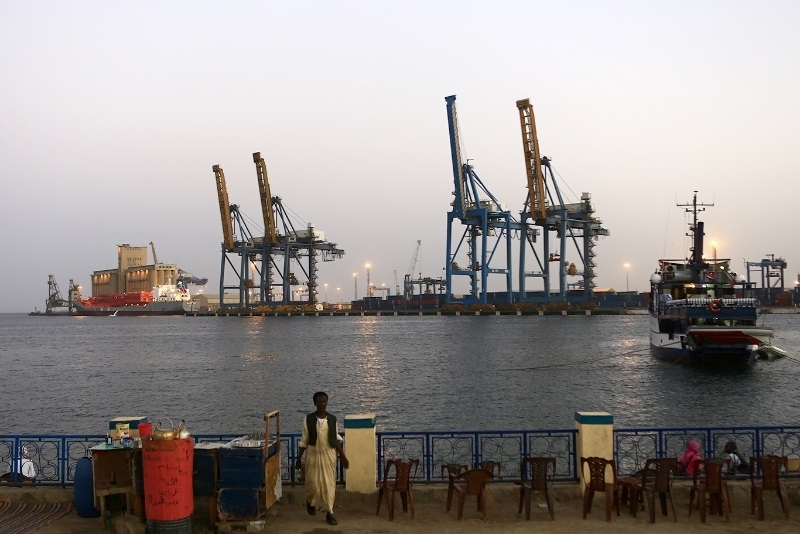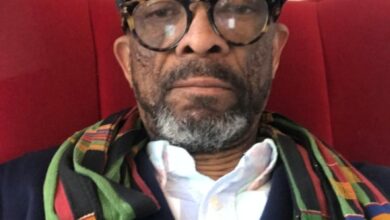
Tirik and the Transitional Sovereign Council
Al-Tahir Satti
When the Chieftain of Al-Hadandawa tribe revealed their nomination of Chieftain Mohamed Ahmed Tirik to the membership of the Transitional Sovereign Council, affirming that all the components of Eastern Sudan agreed on that; I expected denial from Tirik to that news and that Eastern Sudan did not nominate any representative in the Transitional Sovereign Council, besides affirming that he will not agree to be Eastern Sudan representative in that council.
But unfortunately, the man did not deny the news of his nomination nor did he affirm his acceptance to become a member of the Transitional Sovereign Council.
Instead of that, he said that he will not take office unless all the people of Eastern Sudan agree on that.
The above statement of Tirik could be explained that he has no objection to becoming a member of the Transitional Sovereign Council.
This is a grave mistake, which we hope that Tirik will not make, because if he did so that means that all his activities against the government before 25th December were just to acquire the membership of the Transitional Sovereign Council and not a struggle for the outstanding issues of Eastern Sudan.
It is not logical for Al-Burhan and Hamdok to replace the political parties’ quotas government with tribal quotas government because this will be just like jumping from a frying pan into the fire.
Tirik indeed is one of the icons of his tribe who have a strong social impact in the region, but he is not alone as others in the same region did not ask for membership of the transitional Sovereign Council.
It is not just to nominate Tirik apart from other chieftains who are sharing with Tirik the national rights and the responsibilities of the local administration. Accordingly, the nomination of Tirik means downplaying the weight of other Chieftains.
We remind Al-Burhan and Hamdok that they have promised the people independent technocrats with specific tasks, a matter that means that such a government should be at equal distance from all the tribes of Sudan including Eastern Sudan.
With due respect to Bija Council, but this Council is not the sole representative of the eastern Sudan Region to qualify it to nominate Eastern Sudan members in the Transitional Sovereign Council. Other components have a strong impact on the civil society in the region and have the right to forward its nominations like what Bija Council did.
It is high time to look for radical and comprehensive solutions to Eastern Sudan’s outstanding issues including the representation in the government institutions.
Eastern Sudan’s outstanding issues require a roundtable to be participated by all the components of the region to come out with recommendations that could be a blueprint.




